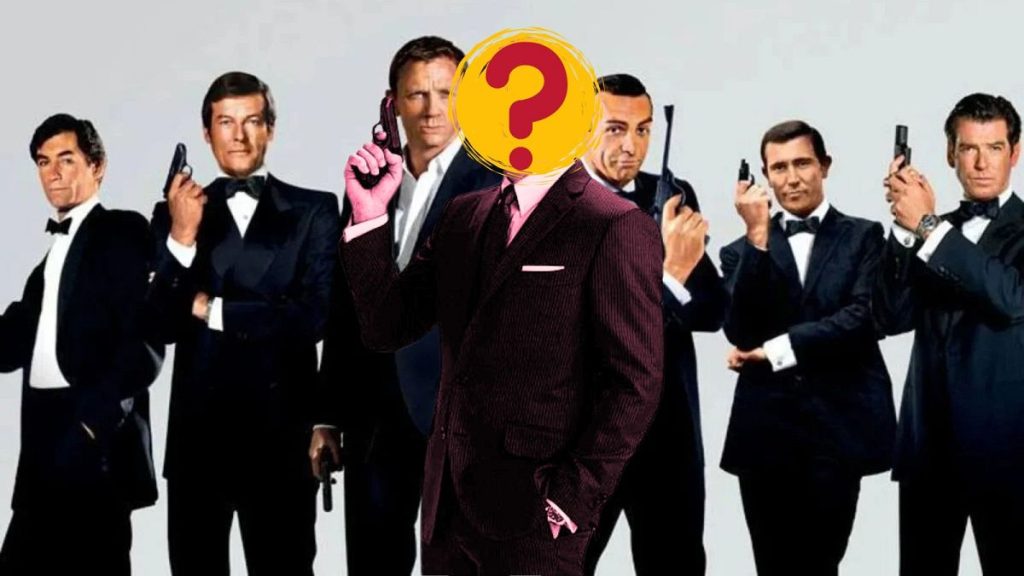The future of the James Bond franchise hangs in the balance, mired in a power struggle between long-time producer Barbara Broccoli and Amazon, the studio that acquired MGM and the Bond rights in 2022. This conflict stems from fundamental creative differences, jeopardizing the timely arrival of Bond 26 and leaving fans in suspense about the next actor to don the iconic tuxedo. While 2025 promises a rich cinematic landscape with anticipated releases from renowned directors, the question of the next 007 continues to dominate discussions. Speculation abounds, fueled by rumors and insider reports, yet the impasse between Broccoli and Amazon overshadows any casting announcements.
The crux of the conflict lies in Broccoli’s staunch defense of the Bond legacy, built upon meticulous big-screen storytelling and intuitive decision-making. She perceives Amazon’s data-driven, algorithm-centric approach as a threat to the character’s artistic integrity, fearing that their focus on maximizing profits through spin-offs and tie-ins could dilute the essence of Bond. This clash of values is exacerbated by Broccoli’s deep distrust of Amazon executives, whom she reportedly views as temporary figures making permanent decisions with little understanding of the franchise’s nuanced history and cultural significance. Her colorful criticisms, though blunt, underscore her unwavering commitment to protecting Bond from what she sees as corporate shortsightedness.
Amazon’s approach, prioritizing data-driven decisions and exploring franchise extensions, clashes with Broccoli’s traditional approach to filmmaking. The studio’s alleged preference for a well-established actor to play Bond further contrasts with Broccoli’s penchant for discovering relatively unknown talent, as evidenced by her successful casting of Daniel Craig. This disagreement over casting underscores the deeper divide between the two parties, highlighting their differing visions for the future of the franchise. Broccoli’s insistence on creative control, stemming from her intimate knowledge of the Bond universe and her commitment to preserving its legacy, clashes with Amazon’s desire to leverage its acquisition for maximum commercial gain. This fundamental disconnect has led to a standstill, with neither party willing to compromise on their core beliefs.
The report from The Wall Street Journal paints a bleak picture of the relationship between Broccoli and Amazon, describing it as “all but collapsed.” This breakdown in communication and trust has stalled progress on Bond 26, pushing any concrete casting news further into the future. While delays are not unprecedented in the Bond franchise, with previous hiatuses between films lasting several years, the current stalemate feels different, fueled by a deeper ideological divide rather than mere logistical challenges. The indefinite postponement of Bond 26 casts a shadow over the franchise’s future, leaving fans to wonder when, or even if, the next chapter will unfold.
The current impasse raises questions about the future direction of the Bond franchise. Will Amazon ultimately concede to Broccoli’s demands for creative control, recognizing the value of her expertise and her commitment to preserving the Bond legacy? Or will Broccoli be forced to compromise, potentially diluting her vision for the character in order to appease the studio’s commercial interests? The outcome of this power struggle will determine the fate of Bond 26 and beyond, shaping the franchise’s trajectory for years to come. The stakes are high, not just for the financial success of the films, but for the very essence of James Bond as a cultural icon.
For Bond fans, the wait continues, tinged with a mixture of anticipation and apprehension. While the prospect of a new 007 adventure remains enticing, the ongoing conflict between Broccoli and Amazon casts a pall of uncertainty. The clash of visions and the reported breakdown in communication suggest that the road to Bond 26 will be long and arduous. The question remains: can these two powerful forces find common ground, bridging the gap between artistic integrity and commercial viability, to deliver a Bond film that honors the character’s legacy while satisfying the demands of a modern audience? Only time will tell if the martini will be shaken, stirred, or left untouched indefinitely.














